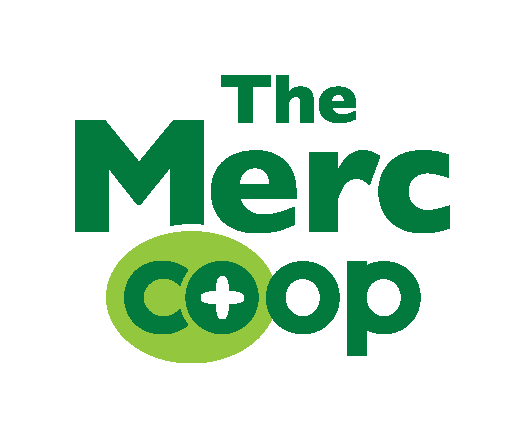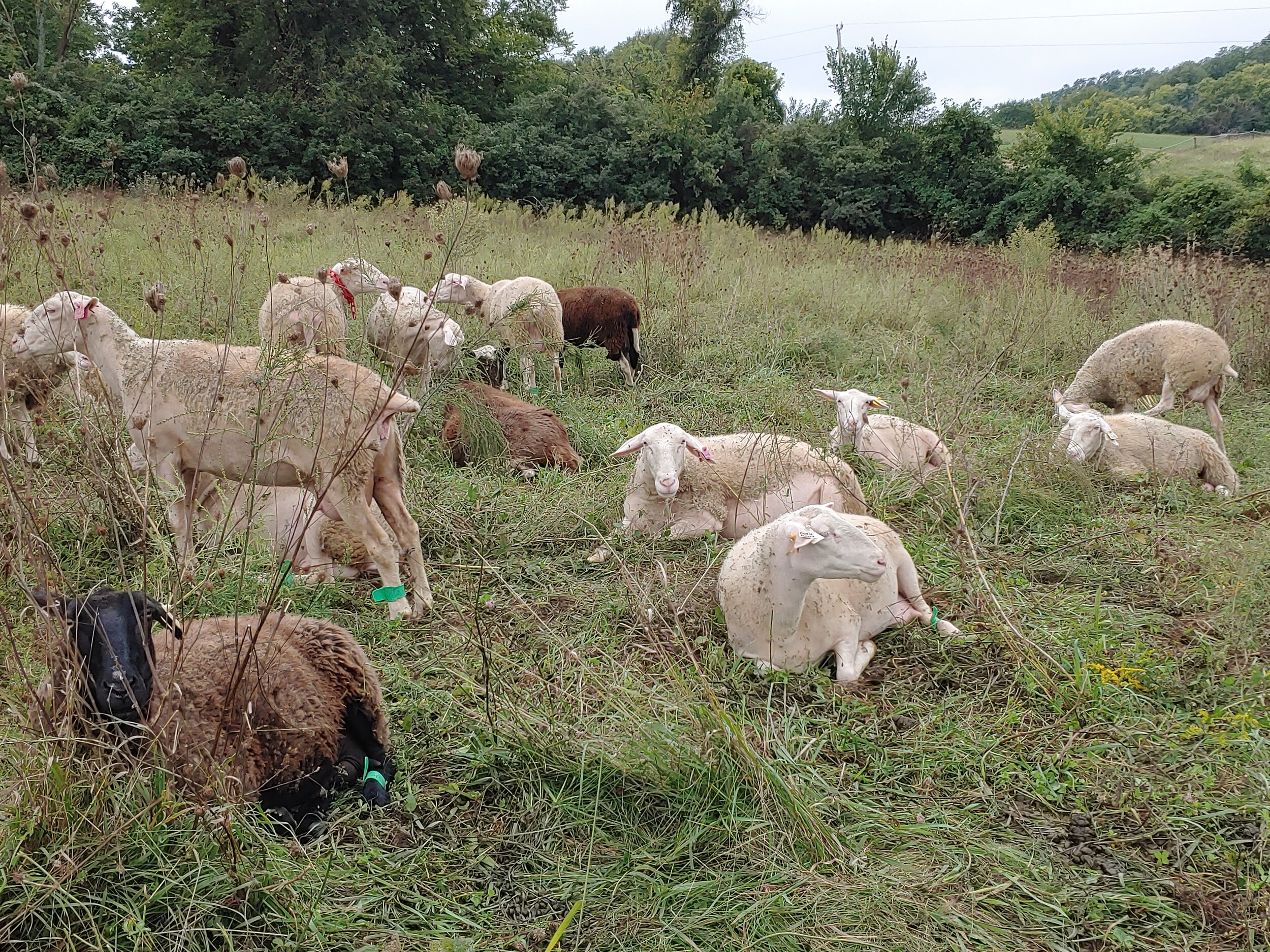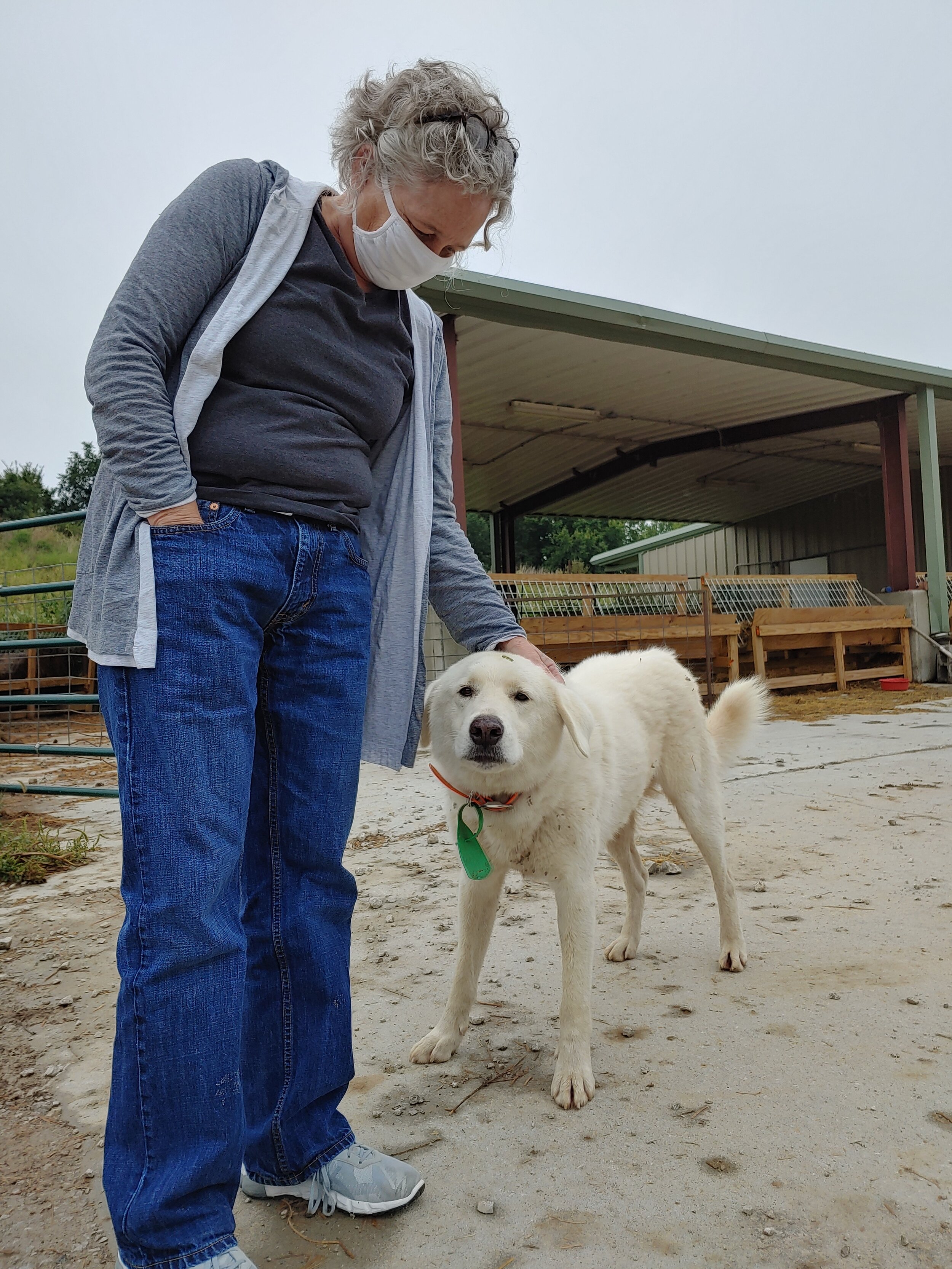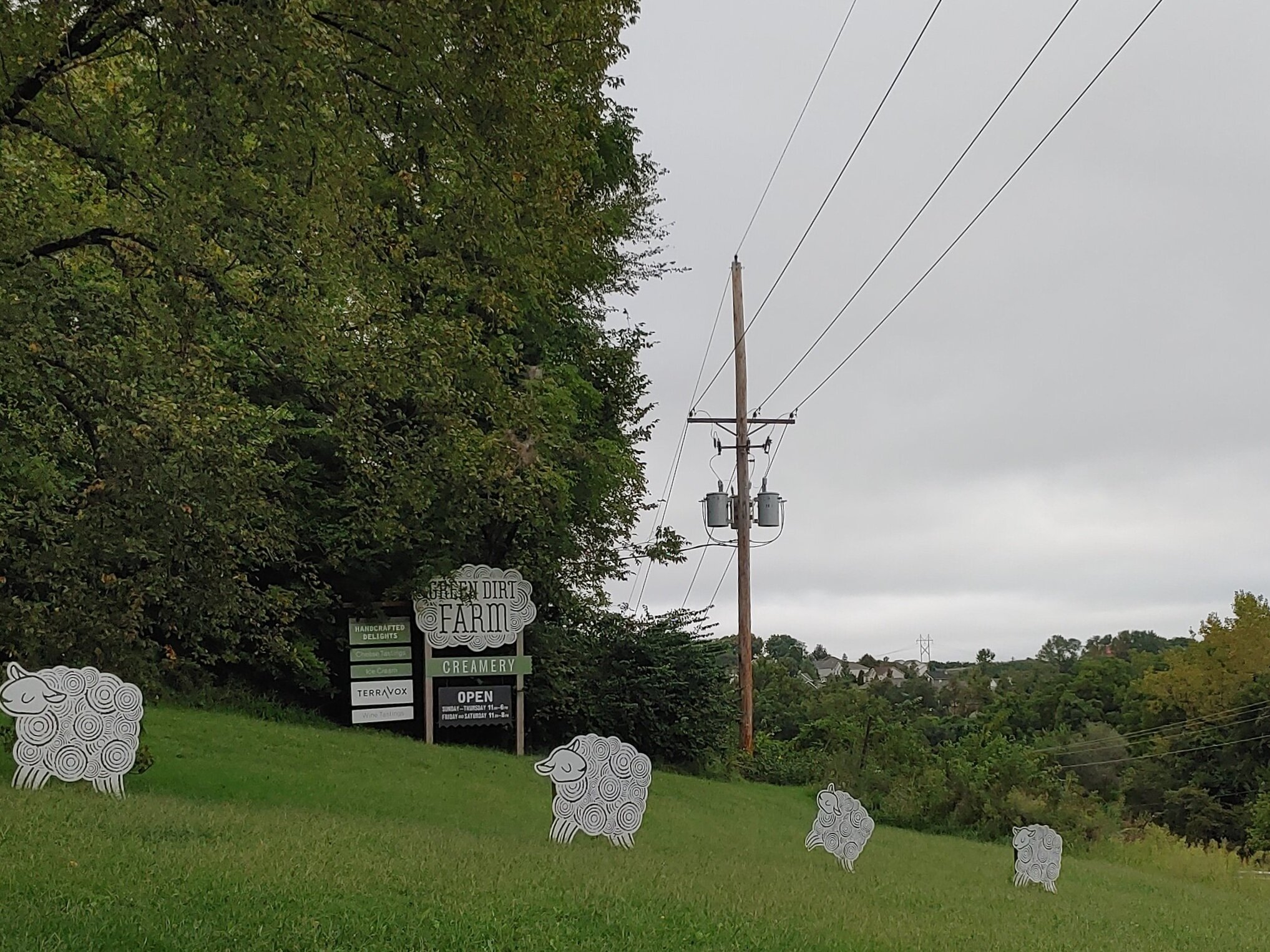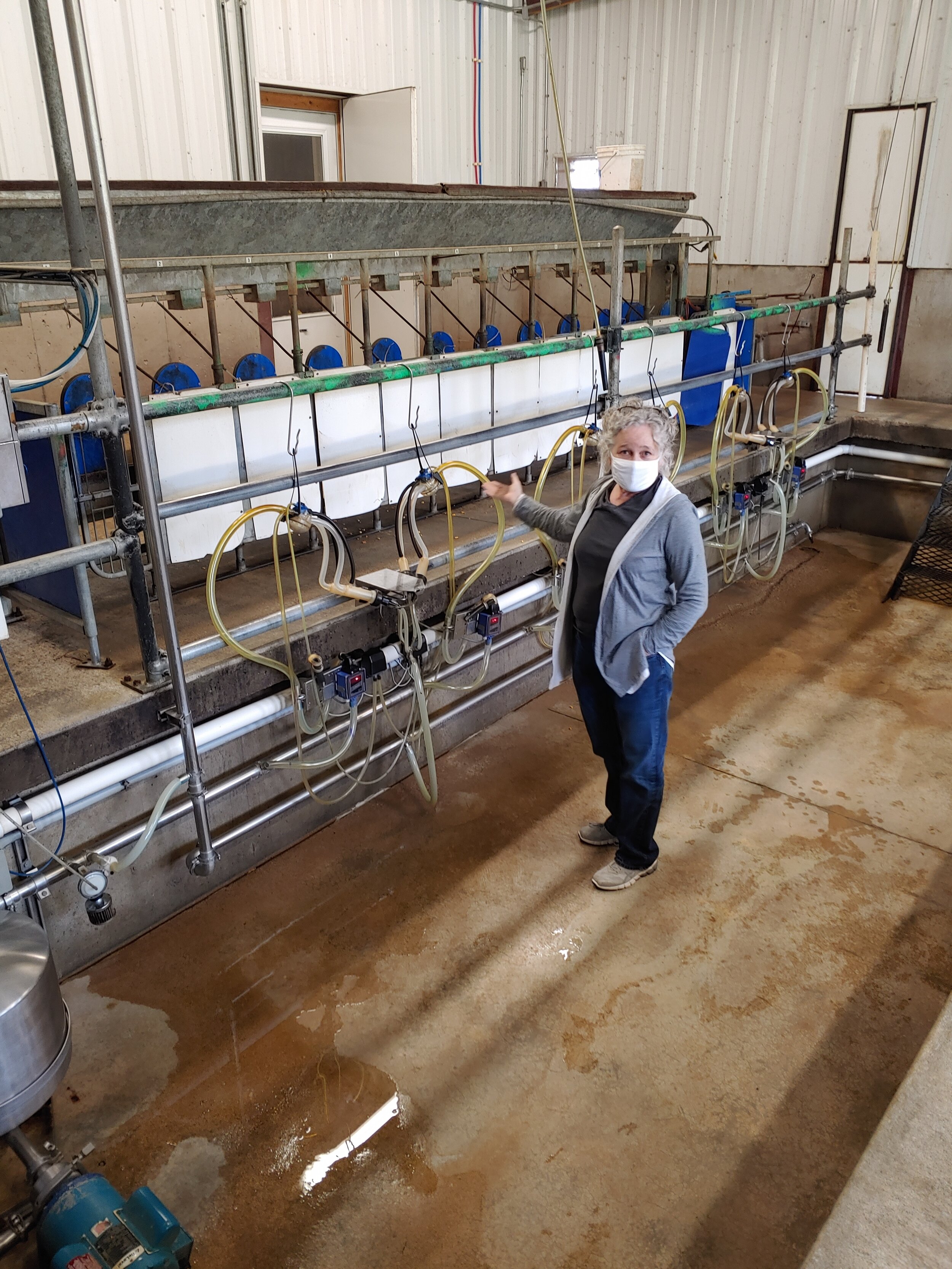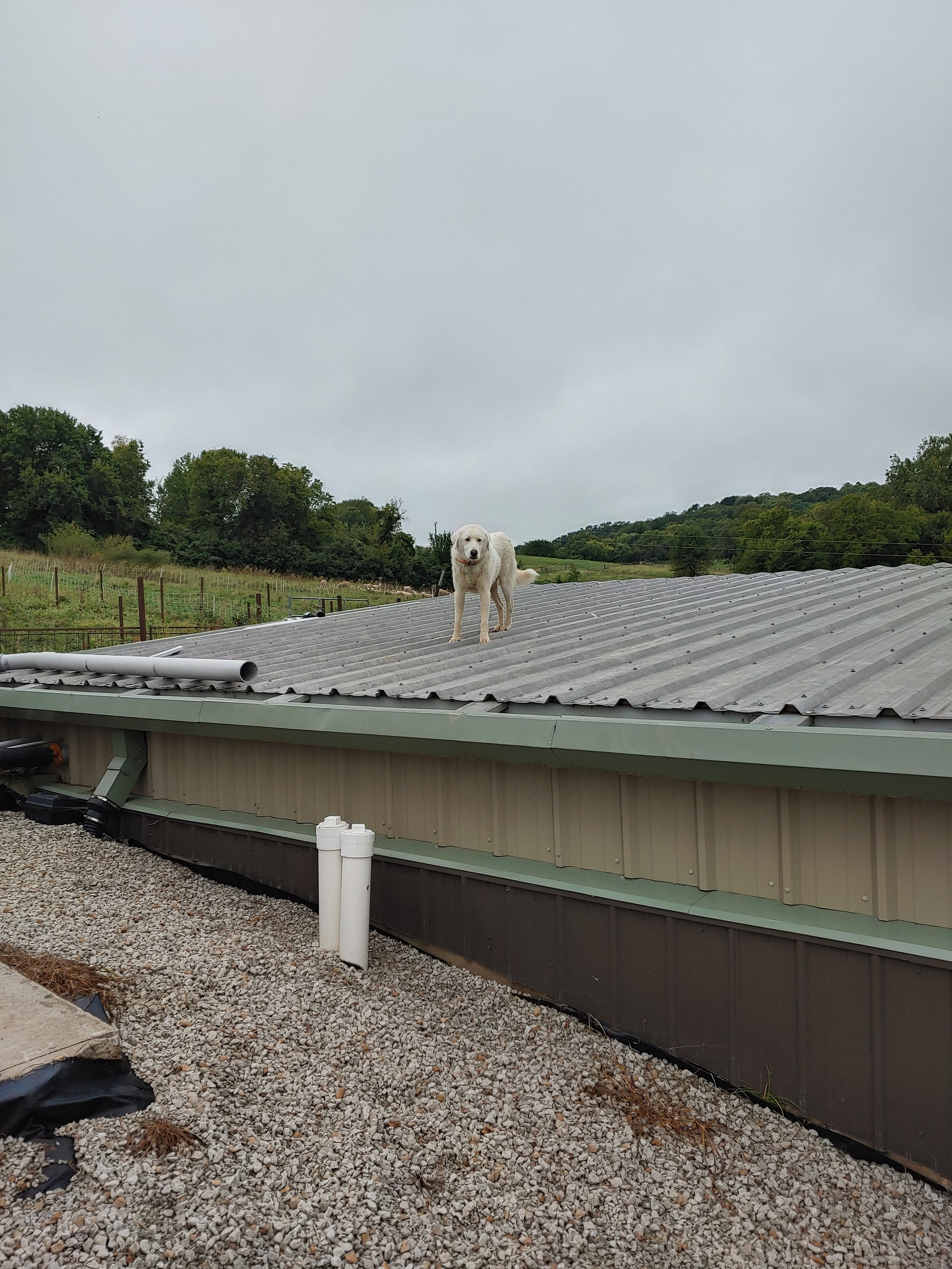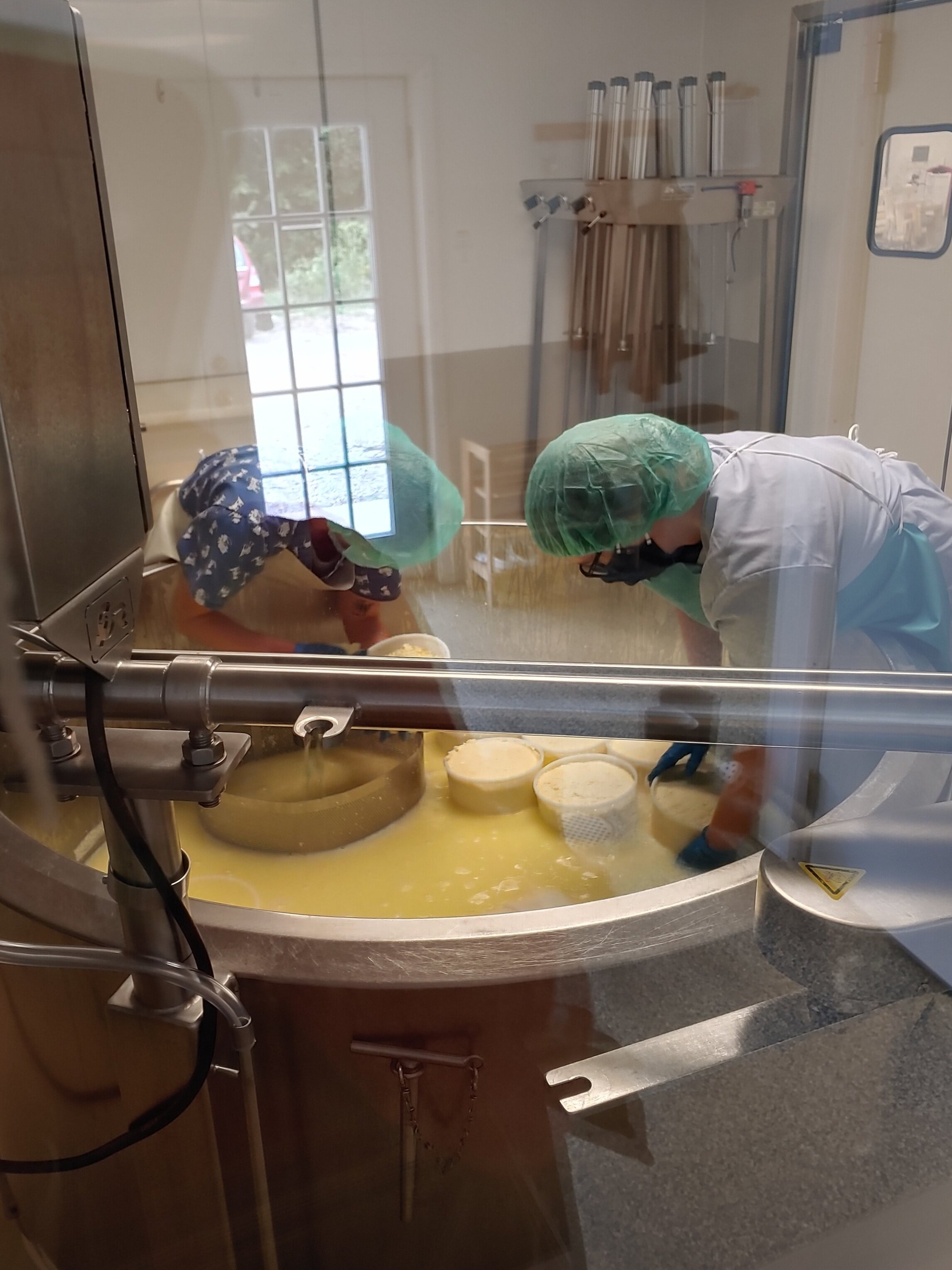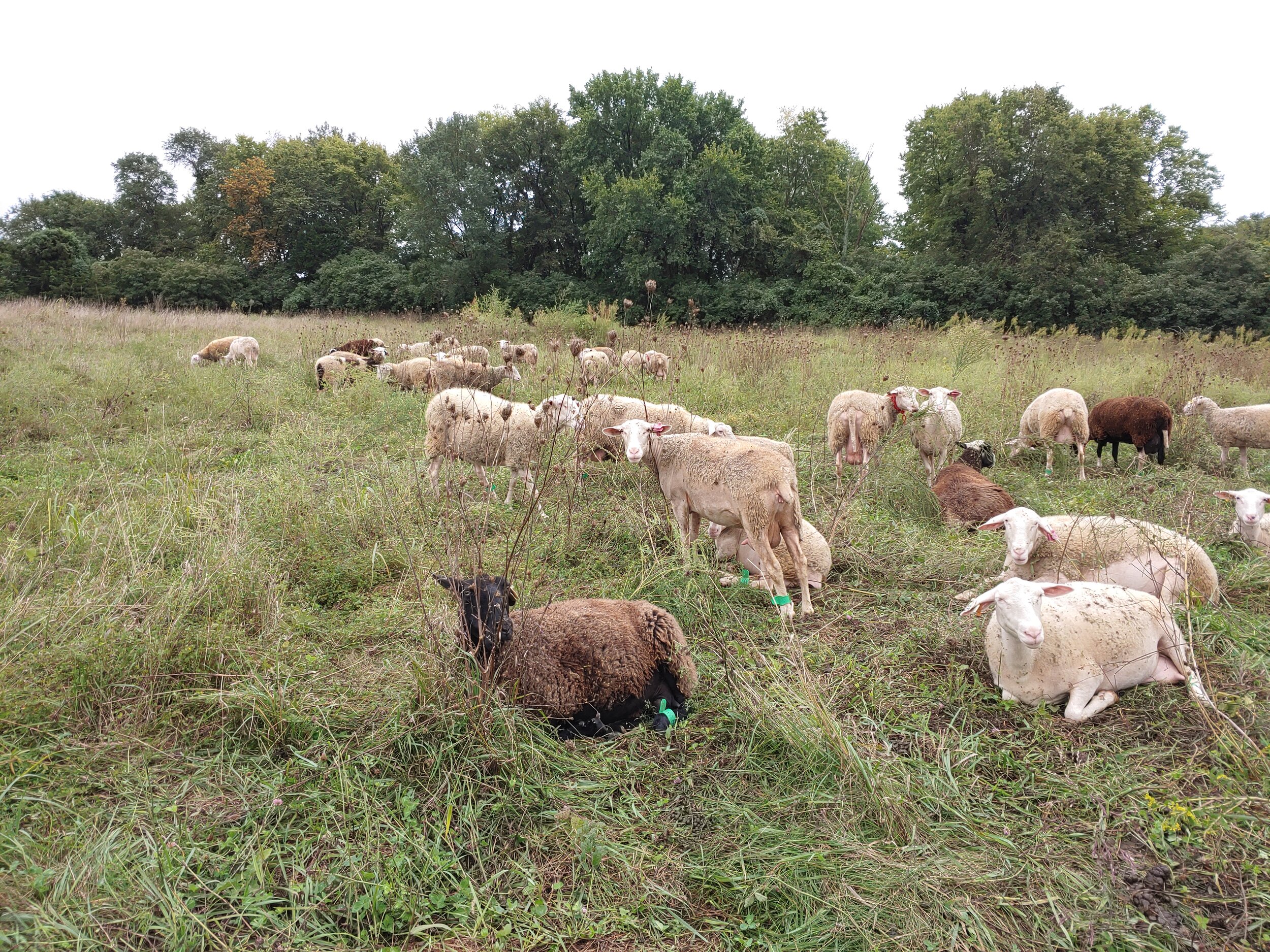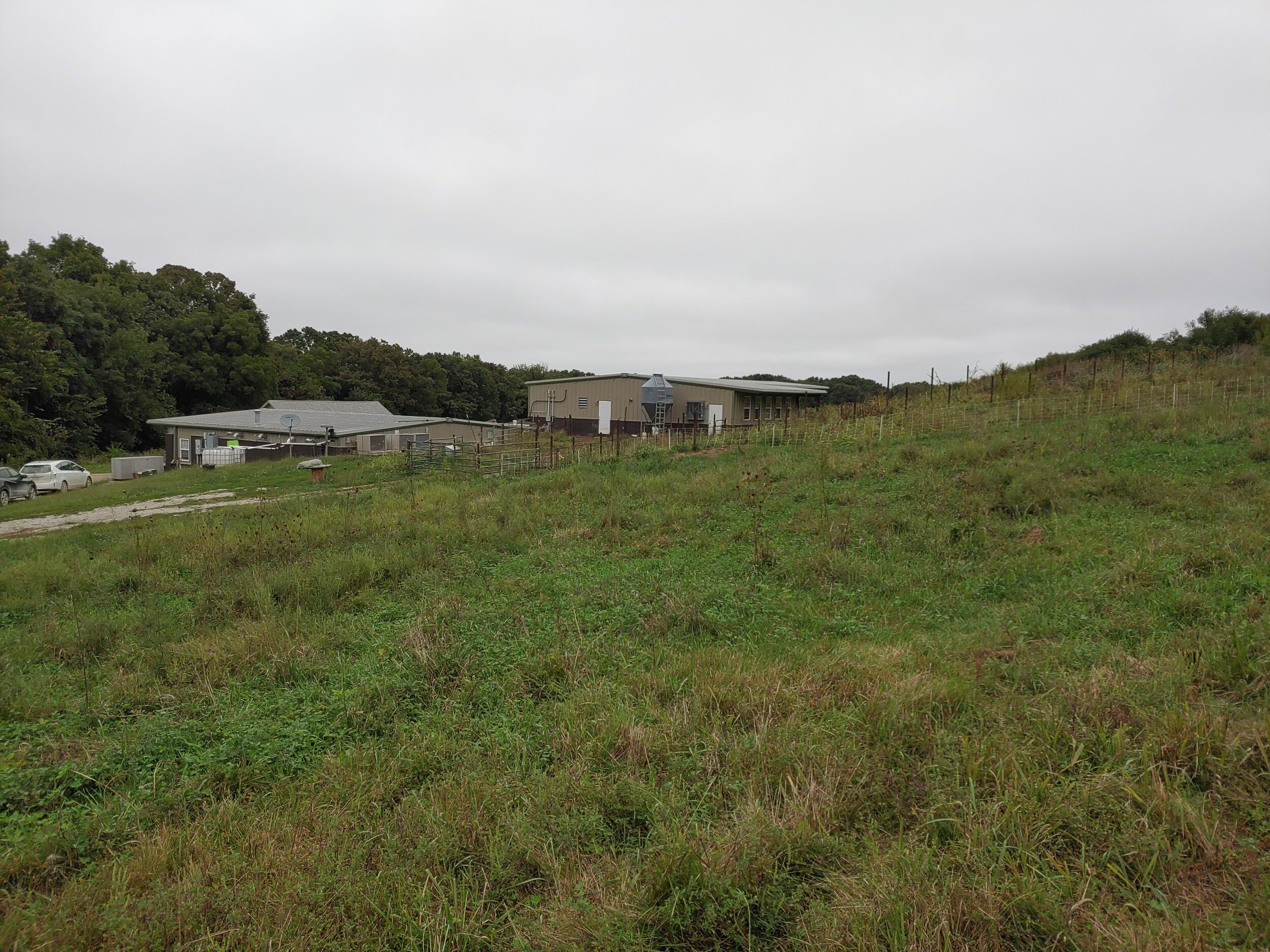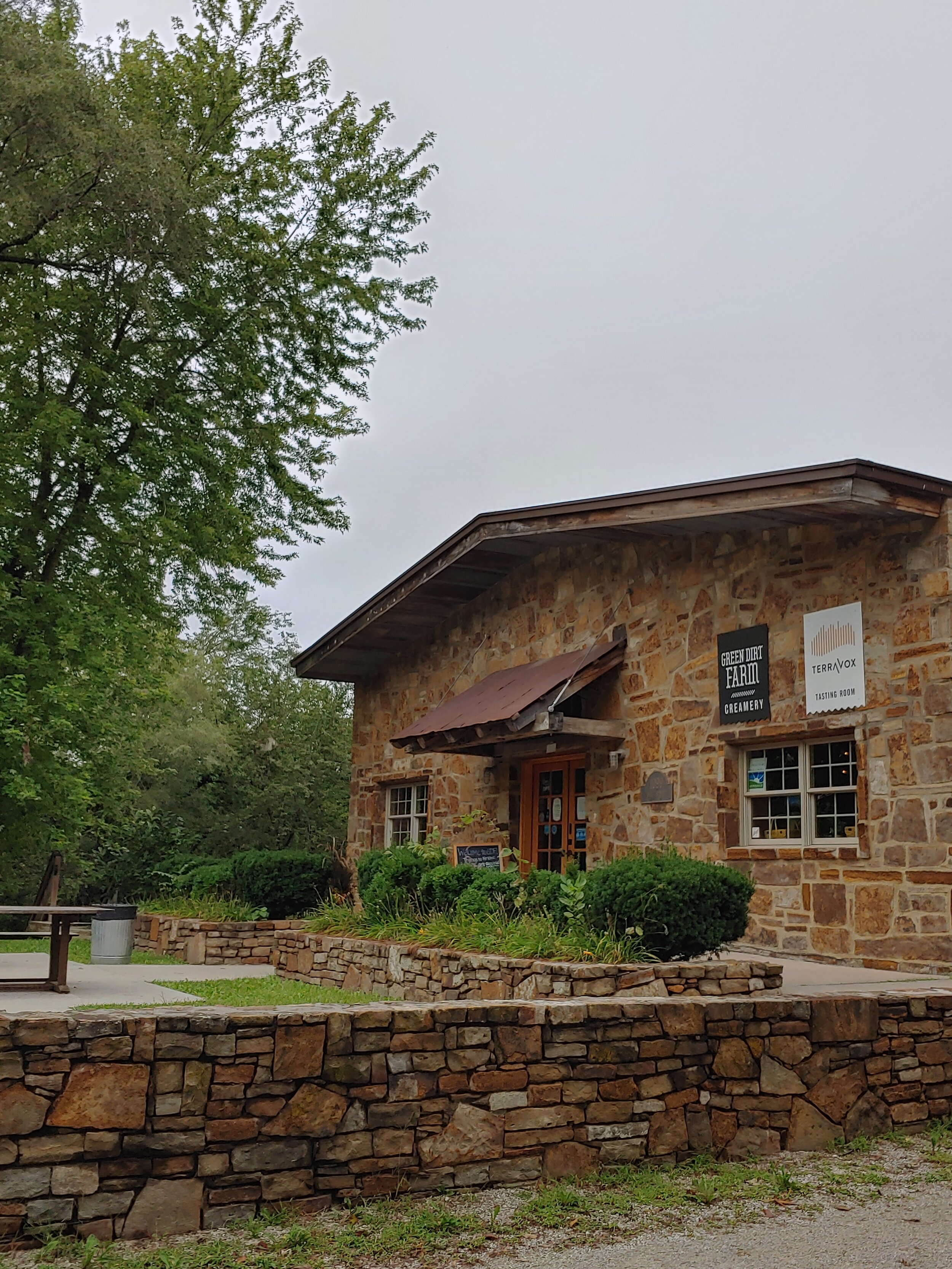It is the co-op’s vision to support and strengthen community connections with our local producers – so here are their stories! In this Meet Your Producer series, we will highlight our neighborhood farmers, ranchers, and producers so you can see and hear what they’re all about. Support local!
Green Dirt Farm
Sarah Hoffman
1099 Welt St. Weston, MO 64098
816-386-2156
About the Farmer
Sarah Hoffman was practicing medicine when she decided to change directions - raising her own sheep and making cheese. She had familiarity with the work, though she says that she had a lot to learn. Sarah grew up on a series of small farms. Her father was in the navy and they moved frequently, but farming was a constant in their lives. She also had an aunt who owned and operated an artisan cheese shop in the 70s, and Hoffman helped during the holiday season, joining her aunt at food shows when the artisan cheese movement was really just beginning in the United States.
“It was rare for women to own their own businesses at that time. She was really a role model for me.”
When she had children of her own, she was determined to raise them in a farm setting as well. Her degrees in chemistry, infectious diseases, and microbiology served her well in the art of fermentation, food safety, and the science that is cheese making. For several years she built her knowledge and skills with both dairying, herd and land management, and cheese making. Green Dirt Farm began selling cheese in 2008.
Today, the farm produces several varieties of soft spreadable cheese, hard and soft rind cheeses, and blended cheeses. Hoffman developed the recipes for their cheeses. In addition to two full days of making and salting the cheese, it takes up to two months of aging at specific temperatures and humidity for the product to be considered finished and ready for sale.
About the Farm
Hoffman and Green Dirt Farm take pride in what sets them apart. Their 150 sheep have a grass based diet - it is economically efficient and the diversity of grasses contribute to the quality and flavor of the cheese they produce. With the environment in mind, Hoffman encourages as much native plant diversity as possible. Their approach to intensive grazing (the sheep never stay in one pasture more than a few days, keeping the grasses healthy and intact) is shown to sequester carbon, keep waterways clear, and build top soil.
Green Dirt Farm is also Animal Welfare approved - the sheep live outdoors in their normal social groups, eating what they have evolved to eat. Hoffman also sources milk from other local farms to supplement their milk supply and make blended cheese. All of their partner farms have the same humane certification.
About Sheep Dairying & Cheeses
There are fewer than 200 sheep dairies in the United States today, and in part Hoffman attributes this to the history of dairying in our country. Dairies were always a commodity market rather than a cottage industry, she says. The focus was on high production at the lowest cost - which meant primarily cow dairies. Today Hoffman serves on the board of the Dairy Sheep Association of North America, working on national dairying issues - like developing a specific American Sheep breed for higher volume production.
Sheep dairies are quite common in Europe and Mediterranean countries. In fact, some of the most prized cheeses from these regions are sheep milk cheese like Pecorino or Roquefort - the first French product to have its name legally protected, like Champagne (called appellation).
What would you say this profession has taught you that you couldn’t have learned any other way?
“I’ve learned the nuts and bolts of cheese making, but it’s learning how to run a business - constantly learning. That’s what I really love, it makes it such a pleasure and such a challenge for farmers.
I’ve learned how difficult it is to make it economically sustainable. It’s a big challenge to preserve local food systems because of the requirements of capitalism and scale.
And learning how to support our community and employees. What we’re doing enables us to provide them a living wage, it’s really important as an entrepreneur.”
What resources would you recommend for folks interested in cheese making?
The University of Wisconsin and University of Vermont - short courses on specific cheeses and food safety
